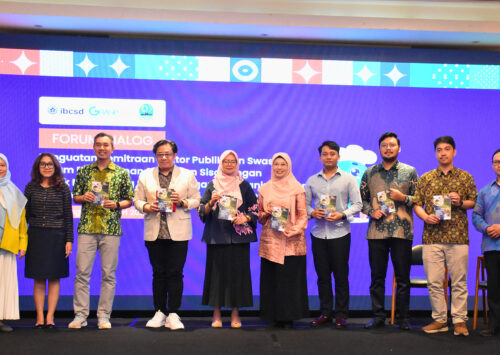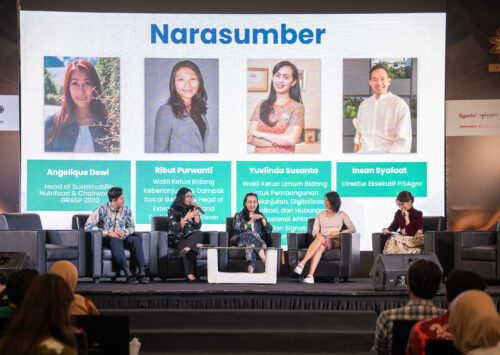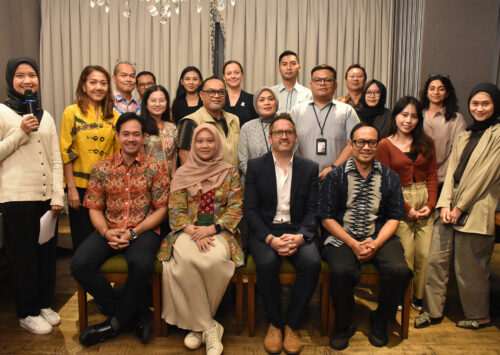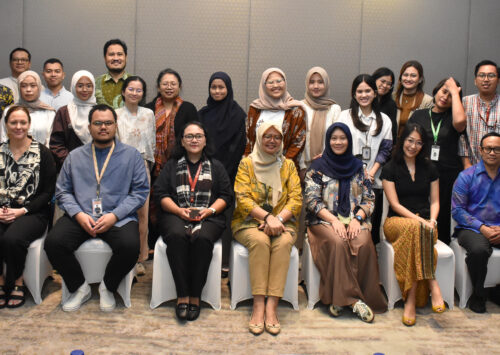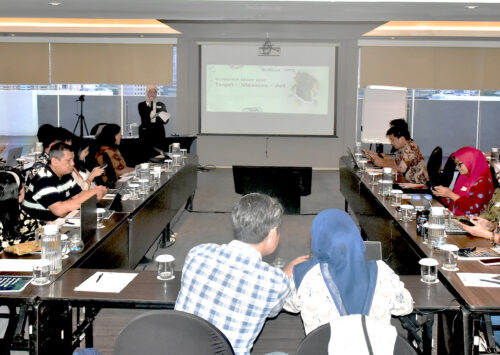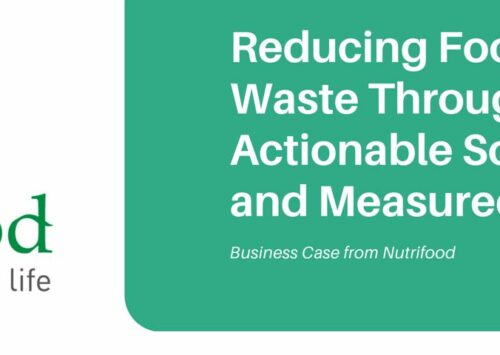Environmental, Social and Governance (ESG) related risks have become prevalent risks worldwide and in the Asia-Pacific region. It is crucial that businesses learn to navigate and thrive within these changing landscapes and integrate and include ESG considerations into strategy formulation and business operations.
The ESG risk landscape is constantly evolving with financial institutions and regulators stepping up their ambitions into more sustainable financing and operating practices, making efforts to integrate environmental and social considerations into their governance and business strategy, operations, and risk management.
The ESG NXT 2022 conference, a joint event of BCSD Malaysia and Knowledge Group of Companies, provides valuable insights on businesses’ actions needed to accelerate the system transformations necessary for a net-zero, nature-positive, and more equitable future. The conference features prominent international and local thought leaders and experts to talk about an inclusive theme, “Making ESG Actionable For All”. It aims to foster meaningful discussions that provide a multi-dimensional perspective on sustainability’s critical issues and “how-to” solutions. This conference has been skillfully designed around 4 tracks covering:
- Built Environment, Transport, and Mobility
- Energy and Decarbonization
- Food, Agriculture, Health and Wellbeing
- Products and Materials
These tracks have been strategically chosen as they encapsulate the critical areas where systems transformation is most needed and ESG ambitions and metrics need to be adequately set.
Operating in the same region, IBCSD was given the opportunity to share the ESG landscape in Indonesia and how IBCSD’s programs can support the businesses to take one step at a time on their net-zero emission and nature-positive journey. On the first day, Indah Budiani, Executive Director of IBCSD, shared how businesses define their pathways of decarbonization strategy with collective commitment and actions through the Net-Zero Hub. The Net-Zero Hub is a platform jointly developed by IBCSD with Indonesia Chamber of Commerce (KADIN) to help businesses to achieve science-based targets on net-zero emission.
In the Food, Agriculture, Health and Wellbeing track, Bryan Citrasena, Project Manager of IBCSD, talked about the importance of addressing food loss and waste (FLW) for food and agriculture sector businesses to reduce their impact on nature and benefit socio-economic development. Tackling FLW has been underlined in the SDG 12.3 goal with a specific reduction target of 50% by 2030. The IBCSD program, namely GRASP2030, collects businesses and other supporting stakeholders in the food value chain to make food consumption and production more sustainable by reducing FLW in Indonesia. In the same forum, Tan Hong Tat, Head of Sustainability at AEON Malaysia, also shared AEON’s practices in tackling FLW and how they influence customers to have more awareness about food waste.
The conference took two consecutive days in Bangsar, Kuala Lumpur. With more than 60 competent speakers, a series of presentations, talkshows and discussions was conveyed in this two-days conference, talking on how businesses need to move on from business as usual mindset to more proactive stance against climate emergency.
